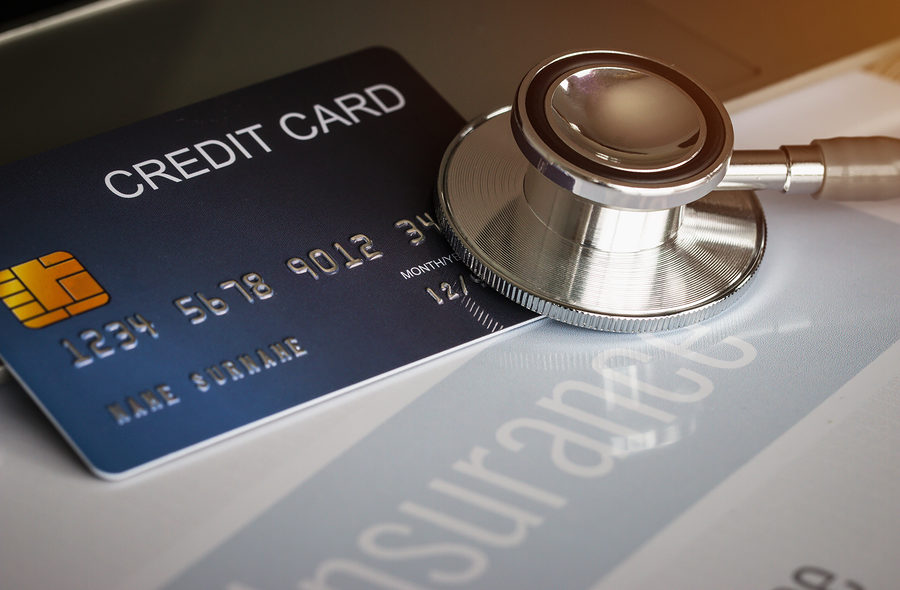Medical debt affects so many Americans. After suffering a serious injury or illness, it can be hard to pay the bills that will inevitably follow. In fact, more than 137 million Americans say they are struggling to pay their medical debt. According to a study published by the Journal of Internal Medicine, this many adults have faced some type of medical financial hardship in the past year.
When someone is sick or injured, it will often cause them to miss work or they may not be able to return to work ever again. Due to the loss of income and oftentimes the loss of insurance, the person will struggle to pay their medical bills when they become due. Their financial situations can get so out of control that many of these individuals are forced to dip into their retirement savings prior to reaching retirement age to pay off some of their bills. However, pulling savings early will only help so much, which is why so many consumers end up filing for personal bankruptcy as a result. It is reported that 66.5 percent of all personal bankruptcies are related to some type of medical debt.
One major problem is that patients are receiving bills from multiple medical providers for one procedure. Even one major surgery can involve several different physicians, medical providers and service providers. Each one will send their own bill to the patient, which can make it difficult to ascertain how much is owed and to whom. It can also make it difficult to keep up on the bills as they come in.
Many consumers are not aware of the fact that they are able to compare prices and shop around for the best provider for their procedure. Certain sites, such as MDsave.com or Sesame.com allow consumers to compare prices from different providers. Even if the person is in an emergency and needs immediate treatment, he or she does not necessarily have to sign both the healthcare and financial consent forms, especially the latter. If, after reviewing the financial consent form, the patient does not feel comfortable signing to their billing practices, he or she can write “do not consent” or “did not read” on the signature line.
If the person has signed the consent forms and receives large medical bills, many times the provider will work with the individual on payments. It is important to always review the bill in detail to make sure that the services listed are ones that the patient, in fact, receives. If the individual cannot afford to pay the bill, ask the provider if they provide charity services or have qualifications for forgiveness for any or all the services on the bill. They may also work with the person a payment plan if he or she cannot pay the amount in full.
Many patients will resort to using a credit card to pay off the medical bill. This method may work if the individual can pay off the credit card balance, but it can also be a double-edge sword, putting the person in a different position by simply shifting the debt burden from one source to another.
It is never advisable to borrow against one’s 401(k), especially if person leaves or loses his or her job. If that occurs, the balance on the loan against the 401(k) is due immediately. Also, tax penalties will be assessed for early withdrawals if the person borrowing against the 401(k) is under the age of 59.5 years old. An exception may be made if the person’s medical bills are more than 7.5 percent of his or her adjusted income. At that point, the individual does not need to pay the 10 percent penalty.
Depending on the individual, however, at some point, bankruptcy may be the only option. Medical debt is unsecured debt, which is a category that can be discharged in a Chapter 7 or Chapter 13 bankruptcy case. It may be best to consult with a bankruptcy attorney to discuss if this option is the best one to the individual.
Those who have experienced illness or injury and found themselves overwhelmed with medical debt should contact an experienced Miami bankruptcy attorney. In bankruptcy, medical bills are considered general unsecured debts just like credit cards. This means that medical bills do not receive priority treatment and can easily be discharged in bankruptcy. Bankruptcy laws were created to help people resolve overwhelming debt and gain a fresh financial start. Bankruptcy attorney Timothy Kingcade knows how to help clients take full advantage of the bankruptcy laws to protect their assets and get successful results. Since 1996 Kingcade Garcia McMaken, P.A. has been helping people from all walks of life build a better tomorrow. Our attorneys’ help thousands of people every year take advantage of their rights under bankruptcy protection to restart, rebuild and recover. The day you hire our firm, we will contact your creditors to stop the harassment. You can also find useful consumer information on the Kingcade Garcia McMaken, P.A. website at www.miamibankruptcy.com.
Resource: CNBC.com


